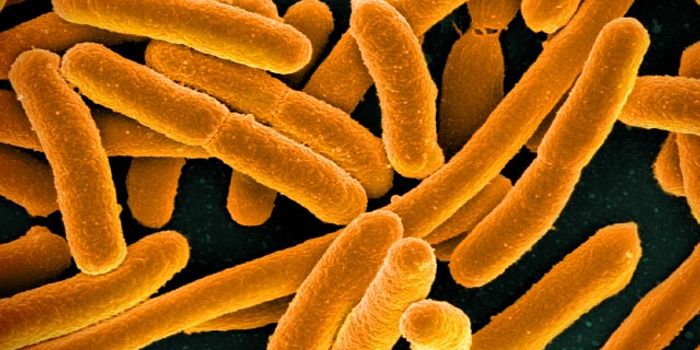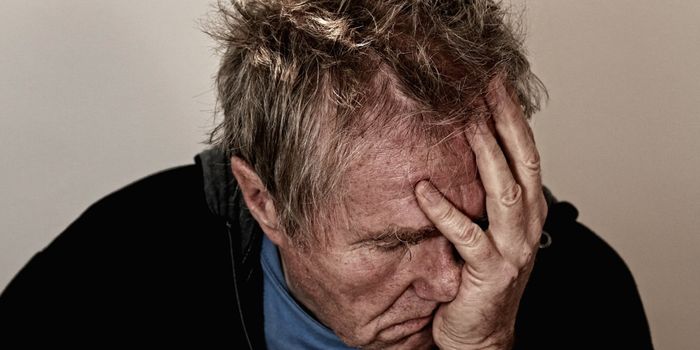Heat Waves can Kill in Many Ways
Heat waves can be hazardous, especially to vulnerable groups of the population. They on the rise worldwide and are blamed for tens of thousands of recent deaths. A 2003 heatwave in Europe caused over 70,000 fatalities, in 2010 10,000 were killed by heat in Russia, and over 2,000 died because of excessive temperatures in India in 2015. Millions more are confined to the climate-controlled environment of their homes when the heat rises to dangerous levels. As we face the prospect of ever-increasing temperatures, it is worth considering how this heat impacts our bodies, and why it can kill us. New research in the journal Circulation: Cardiovascular Quality and Outcomes addresses this question.
"We know of many case examples when people have died as a result of heat waves," noted the lead author of the new report, Camilo Mora of the University of Hawaii at Manoa. "However, why people died is a question whose answer is scattered."
The investigators used a systematic approach to review all medical reports of the known mechanisms of fatalities caused by heat. Five processes were identified, which affect seven vital organs. A deeper dive into the literature for combinations of the pathways showed that 27 interactions exist that can cause death from a heatwave.
When the brain senses extreme heat, a part called the hypothalamus redirects blood flow, so it goes to the skin, where it is intended to cool the area. That means that organs are getting less blood than usual, called ischemia, which can lead to the production of dangerous chemicals under anoxic conditions. When the body’s temperature is more than optimum, cells can be directly damaged, called heat cytotoxicity. It and ischemia can both impair the function of the kidneys, liver, guts, heart, and brain.
Although heat cytotoxicity and ischemia can cause death on their own, the way that the body responds to these threats can be deadly as well. If the chemicals unleashed by ischemia or the cytotoxicity impact the intestine, the lining can break, spewing the contents of the gut into the bloodstream. That, in turn, causes the immune system to respond to what it perceives as an infection with a systemic inflammatory response. That inflammation can cause significant problems of its own, however, and can encourage the gut and other organs to continue to leak out.
When the body experiences this kind of crisis, proteins that associate with blood can become overactive and cause clots. That clotting can cut off critical blood flows to organs like the lungs, liver, kidneys, and brain in what’s called disseminated intravascular coagulation. Reducing clotting proteins can also cause fatal hemorrhaging, even when there is no injury, however.
When extraneous activity is coupled with ischemia or heat cytotoxicity, skeletal muscles may break and in the final mechanism, myoglobin from those muscles gets released. That is toxic to the liver, kidney, and lungs. Heat can exploit many avenues when impacting humans.
"Dying during a heat wave is like a terror movie with 27 bad endings to choose from," explained Mora. "It is remarkable that humanity overall is taking such a complacency on the threats that ongoing climate change is posing."
Because the damage that heat causes to our bodies can happen anytime that the temperature is excessive, people who lack air conditioning or are physically incapable of escaping the heat are at higher risk than those who live in comfort.
The authors found that in the past decade, the loss of human life due to heatwaves has increased 2,300 percent. That happened with about a one Celsius degree increase in average temperature. When it rises further, the loss of life is expected to rise as well.
"Clearly, reducing the dangers of a warming world will require us to outperform even our most optimistic projections of climate change mitigation yet," the authors concluded.
The video features Kristie Ebi, a Professor of Global Health and of Environmental and Occupational Health Sciences at the University of Washington discussing the increase in heatwaves that people are going to experience in the coming decades.
Sources: AAAS/Eurekalert! via University of Hawaii at Manoa, Circulation: Cardiovascular Quality and Outcomes









